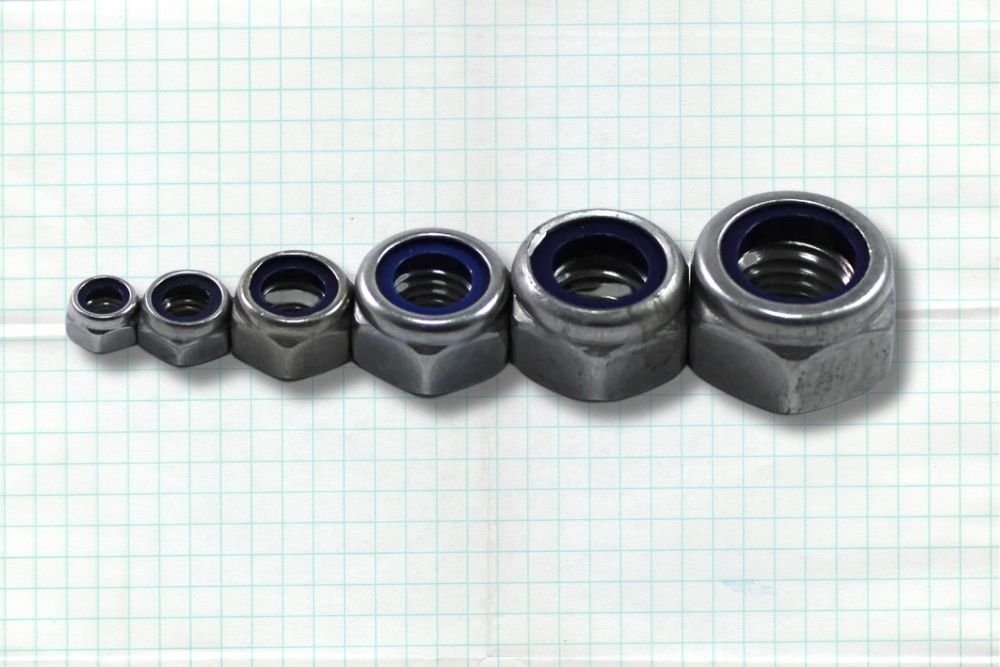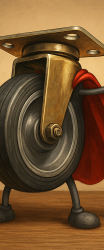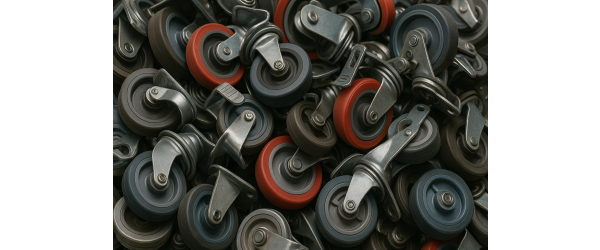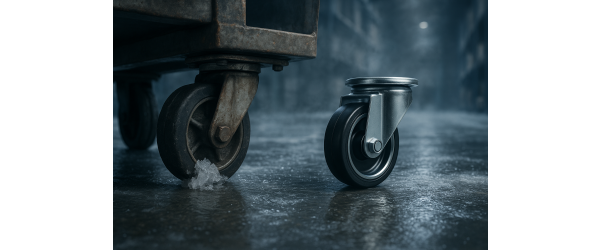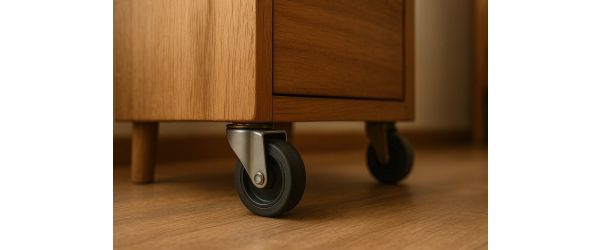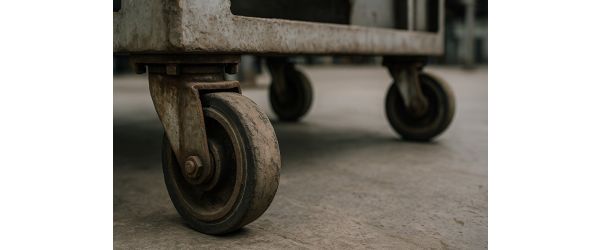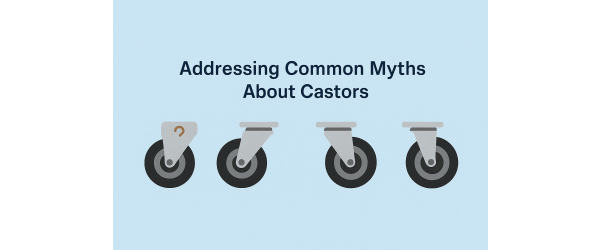Bolts are essential fasteners used in a wide range of applications, from construction to furniture assembly. Understanding the different bolt sizes and types is crucial for selecting the right fastener for your project. In this guide, we'll delve into the specifics of bolt sizes such as M10, Nylock, M8, and more, providing you with the knowledge needed to make informed decisions.
What Do Bolt Sizes Mean?
Bolt sizes are typically defined by their diameter, thread pitch, and length. The size designation helps in identifying the right bolt for the specific application, ensuring a secure and reliable fastening.
M10 Bolts
- Overview:
- M10 bolts have a 10mm diameter, making them suitable for heavy-duty applications.
- These bolts are commonly used in construction, automotive, and machinery assembly due to their strength and durability.
- Applications:
- Ideal for securing large components and structures.
- Frequently used in engine assemblies, heavy machinery, and structural frameworks.
- Material Options:
- Available in various materials, including stainless steel, galvanised steel, and high-tensile steel, to suit different environmental conditions and load requirements.
Nylock Bolts
- Overview:
- Nylock bolts feature a nylon insert within the nut, providing a locking mechanism that prevents loosening due to vibrations or torque.
- These bolts are particularly useful in applications where maintaining tightness is critical.
- Applications:
- Commonly used in automotive, aerospace, and industrial applications.
- Ideal for machinery and equipment subjected to constant vibrations or movement.
- Advantages:
- The nylon insert provides a reusable locking feature.
- Enhances safety and reliability by preventing accidental loosening.
M8 Bolts
- Overview:
- M8 bolts have an 8mm diameter and are widely used in medium-duty applications.
- They offer a good balance of strength and versatility.
- Applications:
- Commonly used in furniture assembly, light machinery, and household repairs.
- Suitable for securing smaller components and structures.
- Material Options:
- Available in materials such as stainless steel, zinc-plated steel, and brass, offering various levels of corrosion resistance and aesthetic appeal.
Other Common Bolt Sizes
- M6 Bolts:
- M6 bolts have a 6mm diameter and are often used for light-duty applications.
- Ideal for securing brackets, fittings, and smaller assemblies.
- M12 Bolts:
- M12 bolts have a 12mm diameter, making them suitable for very heavy-duty applications.
- Commonly used in large-scale construction projects and heavy machinery.
Choosing the Right Bolt
- Consider the Application:
- Assess the specific requirements of your project, including the load, environmental conditions, and potential for vibrations.
- Material Selection:
- Choose the appropriate material based on the application environment. For example, stainless steel bolts offer excellent corrosion resistance for outdoor use.
- Thread Type:
- Ensure the bolt's thread type matches the components being fastened. Metric threads are commonly used in Europe, while imperial threads are prevalent in the US.
Conclusion
Understanding the different bolt sizes and types is essential for selecting the right fastener for your needs. Whether you're working with M10 bolts for heavy-duty applications, Nylock bolts for vibration resistance, or M8 bolts for medium-duty tasks, choosing the right bolt ensures the integrity and reliability of your assembly.
For a comprehensive selection of high-quality bolts, including M10, Nylock, and M8, visit Castors-Online.co.uk
and find the perfect fasteners for your project.
